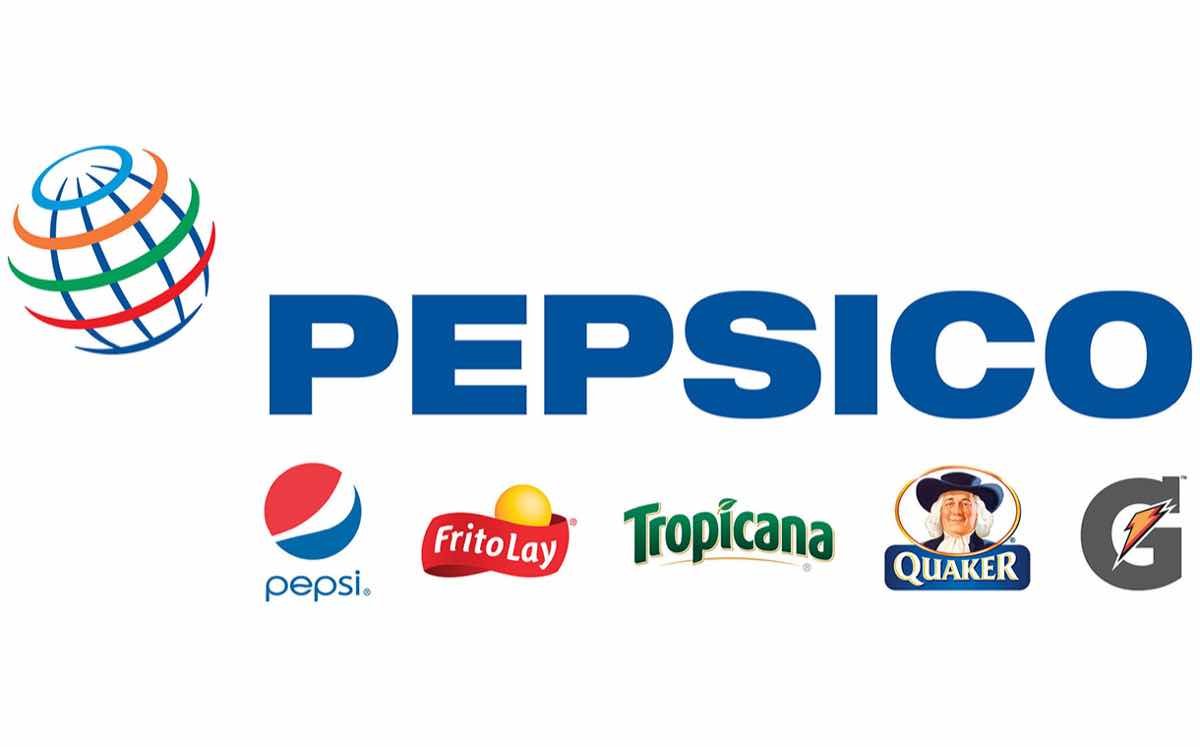Inside BENEO’s new pulse plant: pioneering sustainable protein from faba beans
Snacks and beverages major PepsiCo plans to invest $5 million by 2020 to expand its sustainable farming programme in India. The company which is the biggest buyer of chip-grade potato in the country also plans to double its collaborative farming network for potato cultivation in India in the next five years.
“The company has plans to double the collaborative farming network in the next five years, including expansion to new geographies,” said Christine Daugherty, global vice president of sustainable agriculture at PepsiCo.
PepsiCo is working with over 24,000 farmers in India, mainly potato farmers. Under its collaborative farming initiative, it is working directly with potato farmers across 11 States and will double this network in the next five years.
Through the Sustainable Farming Programme, the company provides education on field agronomy, fertilisers, irrigation, plant protection techniques to enable farmers to adopt best practices depending on the crops and local conditions.
PepsiCo is also leveraging on its mini-tuber lab in Punjab to export potato plantlings (mini-tubers) to be able to grow quality chip-grade potatoes in some other countries. “We export potato mini-tubers to Saudi Arabia, Egypt, Turkey and Russia from our Punjab lab,” she added.
As part of the sustainable farming practices programmes, the company has developed 33 model farms to educate farmers.
“One of the initiatives we focus on is developing model or demonstration farms. These demonstration or model farms give farmers in the community an opportunity to experience and understand the best practices and advanced irrigation and crop management techniques,” she added.
Replying to a query on the issues of climate change and agriculture, Daugherty said, “We are engaging with farmers and other partners to look at ways to reduce carbon emission in agriculture. Precision agriculture techniques, farm management practices, inter-cropping and rotational cropping methods are some of the ways to address this issue.
According to its ‘Performance with Purpose’ commitment, the company’s global goal is to reduce absolute Green House Gas emissions by at least 20 per cent by 2030 across its value chain.
The company was having a pilot project to digitally map the farms, terrain, ensure crop traceability to meet global quality standards. They are also providing digital hand held machines to their agronomist to input details related to a farm from moisture level, detection of pest etc and monitor the efficiency of a farm, said officials.

